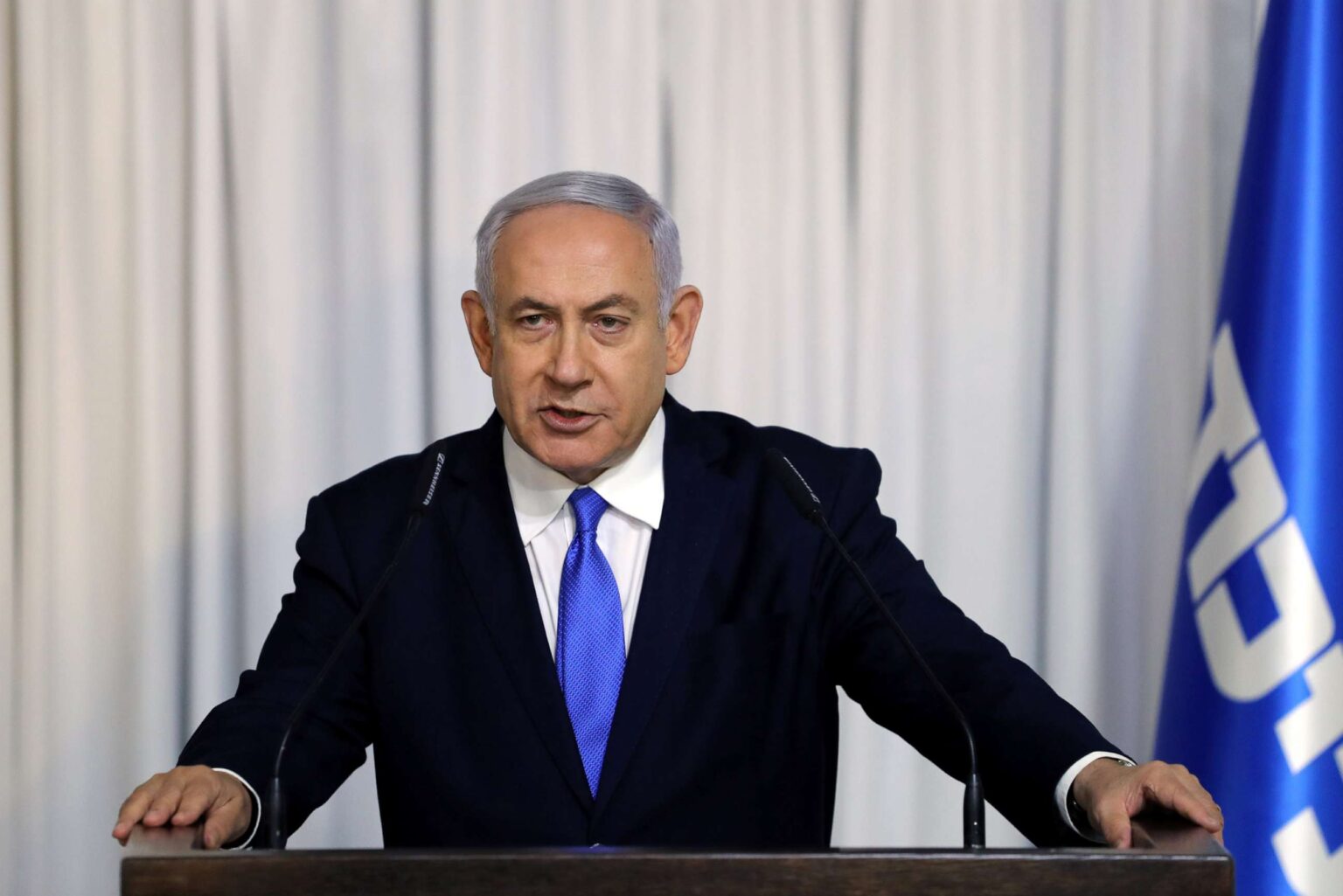Spain’s Prime Minister, Pedro Sánchez, has intensified his condemnation of Israel’s military campaign in Gaza, accusing Benjamin Netanyahu’s government of “exterminating a defenceless people” through the bombing of hospitals and the starvation of civilians.
Speaking on Monday morning, Sánchez unveiled a series of measures aimed at increasing pressure on Israel to halt its operations. While reiterating Spain’s support for Israel’s right to exist and defend itself, he said the government felt compelled to act to “stop a massacre”.
“Protecting your country and your society is one thing, but bombing hospitals and killing innocent boys and girls with hunger is another thing entirely,” Sánchez said.
He described the military operation launched by Netanyahu in October 2023 as having devolved into “a new wave of illegal occupations and an unjustifiable attack against the Palestinian civilian population”, citing assessments from the UN special rapporteur and other experts who have labelled the campaign a genocide.
Sánchez highlighted the scale of casualties, displacement, and malnutrition in Gaza, stating: “That isn’t defending yourself; that’s not even attacking. It’s exterminating a defenceless people. It’s breaking all the rules of humanitarian law.”
He also criticised the international community, accusing major powers of being “paralysed between indifference over a conflict without end and complicity with the government of Prime Minister Netanyahu”.
Among the measures announced were a formal ban on the sale or purchase of military equipment involving Israel, and a prohibition on the use of Spanish ports and airspace for transporting fuel or weapons to the Israeli military. Sánchez also declared that individuals “directly involved in the genocide” would be barred from entering Spain, and pledged increased humanitarian aid to Gaza.
“We know that all those measures won’t be enough to stop the invasion or the war crimes,” he said. “But we hope that they will serve to add to the pressure on Prime Minister Netanyahu and his government, to alleviate some of the suffering of the Palestinian population, and to let the Spanish people know that their country was on the right side of history when it came to one of the most infamous episodes of the 21st century.”
The Israeli government responded angrily, accusing Sánchez’s administration of “wild and hateful rhetoric” and of engaging in a “continuous anti-Israel and antisemitic attack” to deflect attention from domestic corruption allegations.
Israel’s Foreign Minister, Gideon Sa’ar, announced that two senior Spanish politicians would be banned from entering Israel due to their criticisms of its conduct in Gaza. Sa’ar claimed Díaz, founder of the Sumar alliance, was “exploiting Prime Minister Sánchez’s political weakness and dragging him, step by step, into implementing her anti-Israel and antisemitic vision”.
Spain’s Foreign Ministry rejected the accusations as “false and slanderous”, describing the entry bans as “unacceptable” and affirming that Spain would not be “intimidated in its defence of peace, international law and human rights”. The ministry also noted Spain’s historical gesture of granting citizenship to 72,000 descendants of Jews expelled in 1492, and reiterated its condemnation of Hamas’s attacks in October 2023 and its call for the release of hostages.
Sánchez’s remarks follow his recent interview with the Guardian, in which he described the international response to Israel’s actions in Gaza as “a failure”.
Meanwhile, Israel’s Supreme Court on Sunday ruled that the government had failed to provide adequate food to Palestinian security prisoners, ordering authorities to improve their nutrition. In a unanimous decision, the panel of three justices stated that the state was legally obliged to ensure a “basic level of existence” and expressed “real doubts” about whether prisoners were receiving sufficient sustenance. The ruling instructed the prison service to take immediate steps to meet legal standards for food provision.



